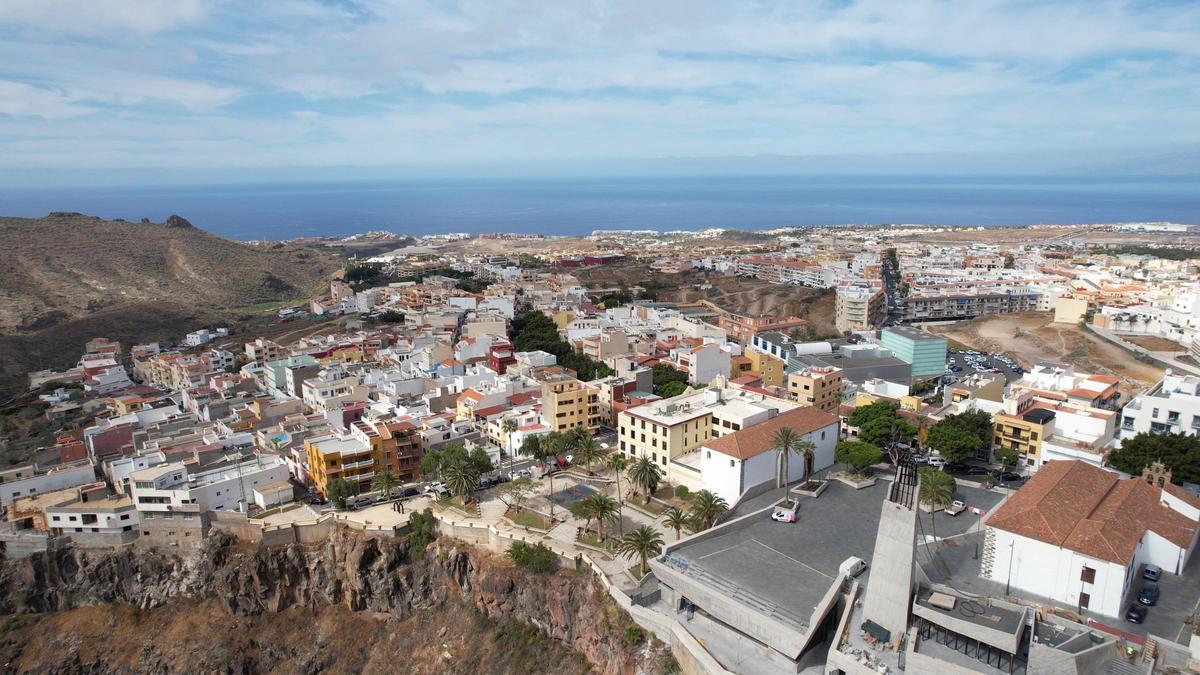The State Advocacy endorses that the Government penalises municipalities with populations exceeding 50,000 that fail to activate the low emissions zones (ZBE) after receiving funding before the year concludes.
This is outlined in a report from the State Advocacy, which was disclosed by the country and to which EFE has gained access, asserting that these municipalities can face penalties for committing serious or very serious infractions, with amounts ranging from two to three times the financial aid received.
According to the Climate Change Law, cities with populations above 50,000 were mandated to establish low emissions areas by January 1, 2023; however, more than two years later, the majority have yet to implement these zones.
The environmental transition regulation did not incorporate a mechanism for sanctioning delinquent municipalities.
This report further indicates that urban transport funding (buses or alternatives) allocated to municipalities from the second half of this year is contingent upon the implementation of low emissions areas.

A panoramic view of Adeje in Tenerife / Adeje City Council
Tenerife sees an addition to municipalities required to implement the ZBE
As per the latest statistics from the Ministry for Ecological Transition provided to EFE, the total number of municipalities mandated to implement ZBE now stands at 153, an increase from 2024, as Adeje in Tenerife has surpassed the 50,000 population threshold. This adds to Santa Cruz de Tenerife, San Cristóbal de la Laguna, Arona, and Granadilla de Abona, the other four municipalities with populations above this figure.
Currently, there are 53 ZBE in operation, three of which are located in municipalities not required to implement them, specifically in Catalonia (Gavà, Sant Joan Despí, and Sant Adrià de Besòs).
Furthermore, an additional 94 municipalities with over 50,000 residents are in the process of gaining approval for their low emissions areas, with nine still pending.
The Ministry of Transportation has subsidised the establishment of many of these areas, yet numerous municipalities have not yet initiated the process, considering that the deadline for the execution of the aid is December 31, 2025.
Now, the State Advocacy supports the transport sector’s stance on sanctioning non-compliant municipalities, detailing in a report that municipalities that have received subsidies from European funds may incur fines.
Although an increasing number of municipalities are setting up these zones, a few, however, “exhibit” no intention of implementing the low emissions areas despite their obligations, as affirmed publicly by the vice president and minister for ecological transition, Sara Aagesen.















